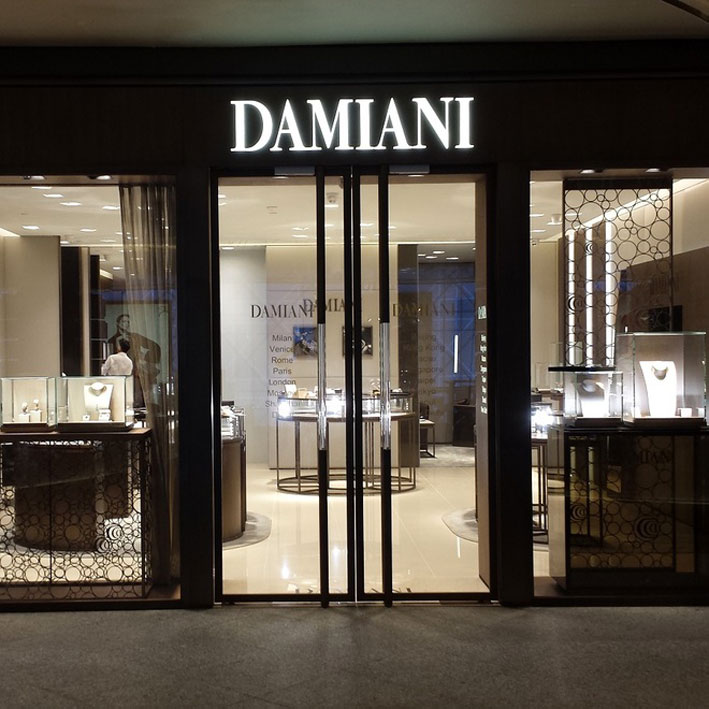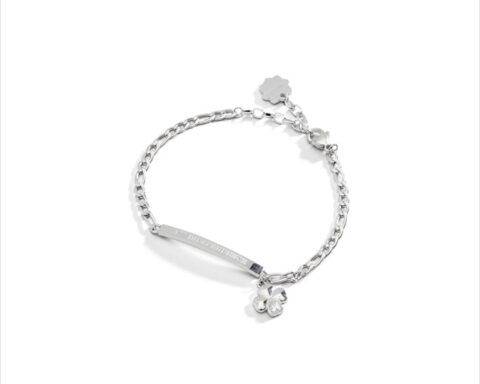The economic daily newspaper Il Sole 24 Ore celebrates Damiani. Despite the unhappy moment in Italy, or perhaps because of it, the Piedmontese maison continues to open boutiques in droves. The latest in Malaysia, Kuala Lumpur, and Kyrgyzstan. The newspaper starts from this news to analyze the group’s strategy.
«Last October 14, Damiani, leader in Italy in the manufacturing and sale of fine jewelry, announced the opening of the first boutique in Kyrgyzstan, one of the former Soviet republics, in Central Asia. A country whose name does not mean much to most people, yet the information released by the historic company from Valenza, in Piedmont (next year it will celebrate 90 years since its birth, founded in 1924 by Enrico Grassi Damiani) says that it is an area in which the consumption of luxury goods is growing», writes the newspaper.
«September 13: Damiani announces that it has opened a second boutique in Kuwait. Ten days earlier, news arrived of a store in Shenyang, the most important and populous city in Northeast China. The company explained: “Damiani is continuing its expansion policy in Greater China and the Shenyang store represents the twelfth. Other openings are planned in China in the coming months”. It is no coincidence that last spring, in May, the company had opened its first boutique in Beijing. At that date, it was the ninth Damiani store in Greater China and, in a note, it was explained that the group would reach 12 stores in the area “in the coming months”. In Beijing, in April, Damiani had brought one of its exceptional testimonials, Sophia Loren, to present the new collection dedicated to her. Finally, 2013 had opened with the announcement (in February) of a new store at the Peninsula in Shanghai, a high-level tourist destination and also a meeting place for the “upper class” of Shanghai.

Two years ago, Guido Damiani, president and CEO of the company, inspired the title of a publication in Il Sole-24 Ore dedicated to the reactive capacity of Piedmontese companies to the crisis: “But we have continued to do so”. And, today as then, that phrase uttered by Guido Damiani perfectly fits the dynamism that the Valenza-based company has demonstrated this year too, especially on foreign markets. “We look a lot to the East – confirms the president – Italy and Europe are in difficulty, the USA is doing better but Made in Italy in jewelry is finding favor and attention especially in the East, even in markets that are not new, such as Japan”. The South American market is difficult, especially in Brazil with its super-duties (up to 80 percent) and therefore Damiani’s convinced strategies towards the new markets of the Middle East, Central Asia, China and the Far East can be explained.

Damiani’s battle in Italy and around the world does not appear easy at all, but the third generation at the helm of the company (Giorgio, Silvia and Guido, children of Damiano Grassi Damiani and his wife Gabriella, current honorary president) are fighting it tirelessly. And with good results. Listed on the Milan Stock Exchange, Star segment, Damiani closed the balance sheet on March 31 with a turnover of 138 million: “In the first months of this year – underlines Guido Damiani – we have recorded an increase not only abroad, but also in Italy”. The revenues of the goldsmith company from Valenza are currently divided, between Italy and the rest of the world, with two thirds coming from the domestic market and one third from abroad.
Damiani’s presence strategy is direct and franchise boutiques. Twelve stores in Italy and 26 abroad are managed directly by the company, while 19, all outside Italy, are franchised stores. But if we add to these numbers the 14 boutiques of the high-end jewelry and watch chain with the Rocca brand, Damiani brings the total number of stores operating in Italy and the world to 71. The president emphasizes that the company’s goal is to increase the points of sale by about ten per year for the next three years (mostly abroad), and 2013 should close with this figure. In Italy Damiani could plan to open at airports and does not exclude acquisitions of points of sale of companies in financial difficulty or due to generational transition problems.








